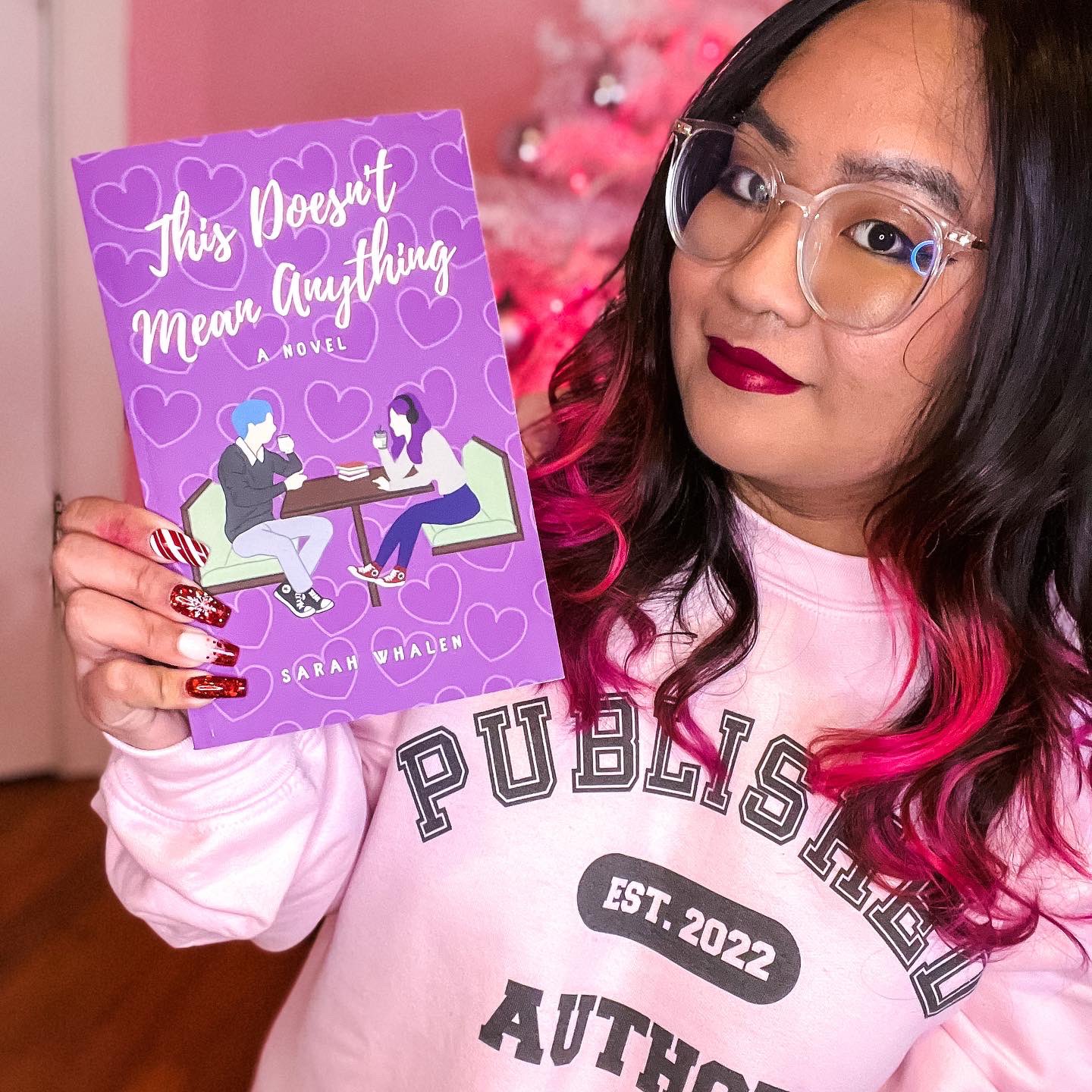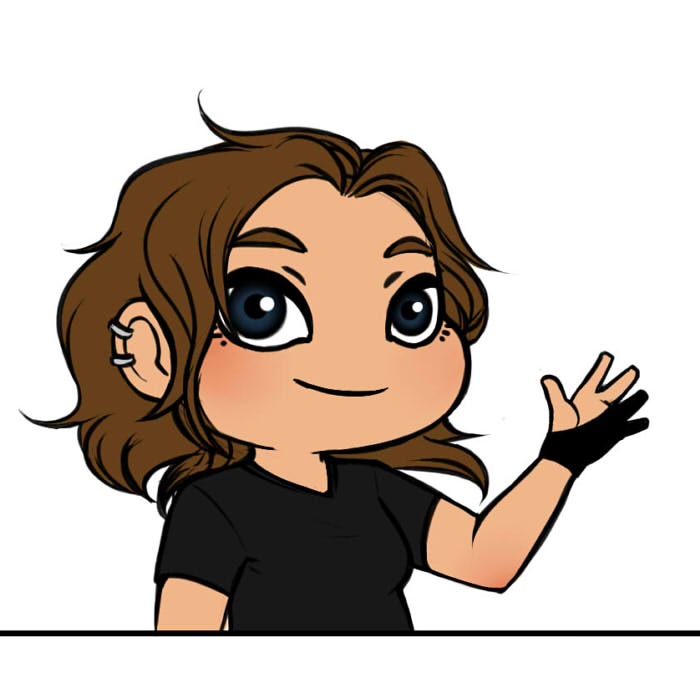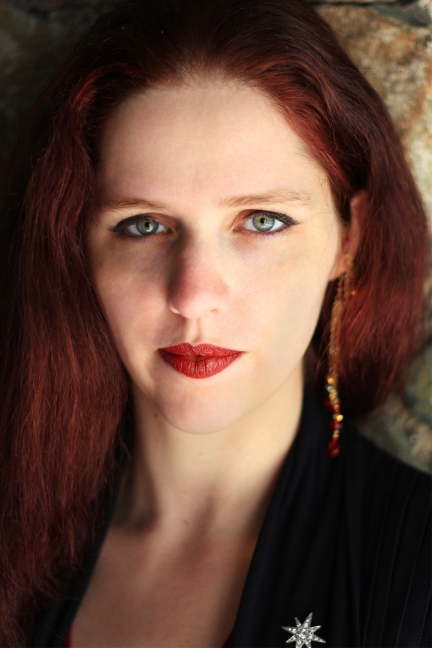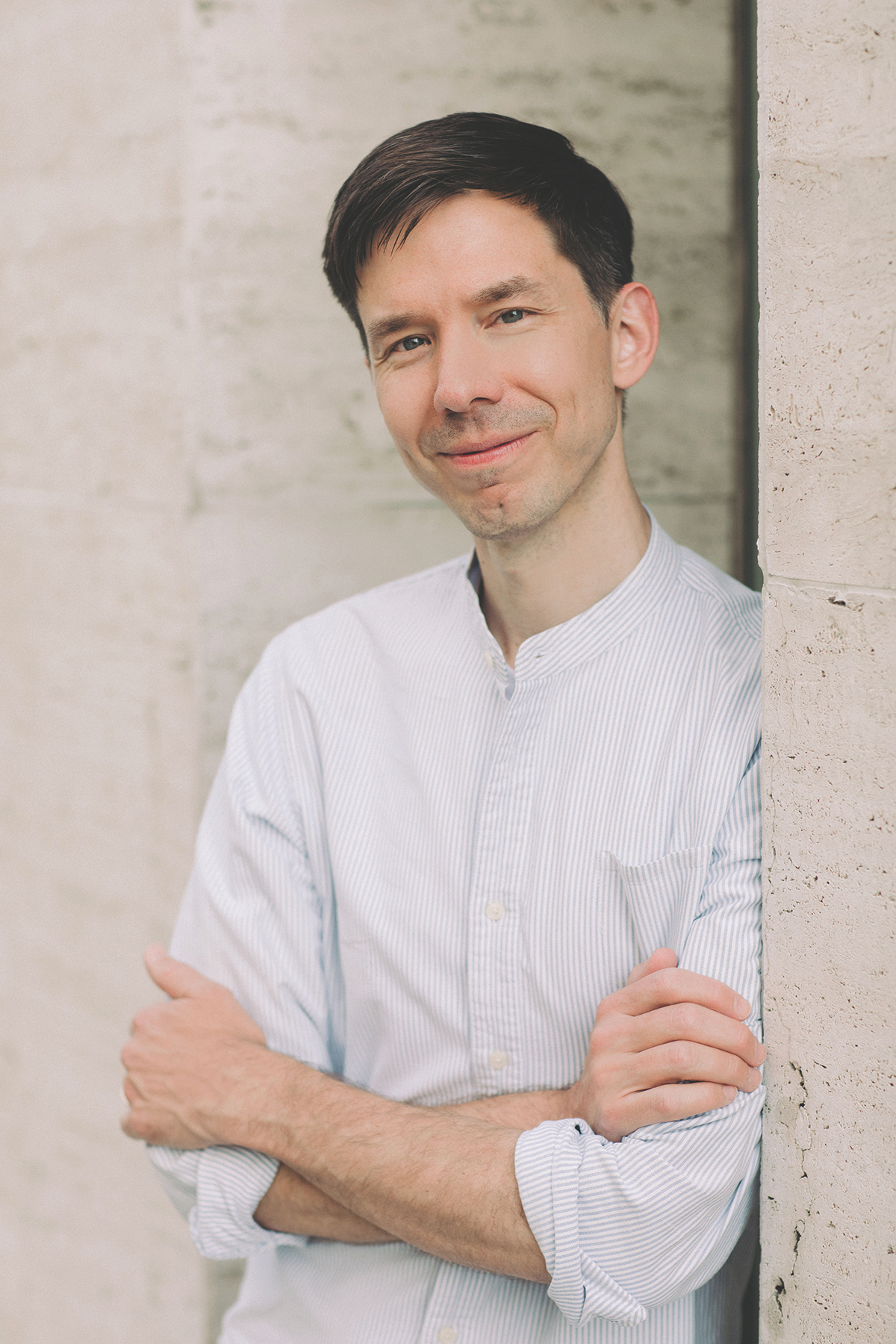
by Michele Kirichanskaya | Mar 25, 2023 | Blog
Sarah Whalen is the author of This Doesn’t Mean Anything, the first of four interconnected books in the series. She writes ace-affirming love stories and grumpy girls who learn to let other people in. When she’s not writing or reading, she spends her time journaling...

by Michele Kirichanskaya | Feb 26, 2023 | Blog
Madeleine Cull (AKA Mccull) – has been a webcomic artist for close to ten years now, and has been writing stories for as long as she can remember. She currently lives in the pacific northwest and spends most of her time drawing or hanging out with her cat, but...

by Michele Kirichanskaya | Aug 17, 2022 | Blog
Alexandra Rowland is the author of several fantasy books, including A Conspiracy Of Truths, A Choir Of Lies, and Some by Virtue Fall, as well as a co-host of the Hugo Award nominated podcast Be the Serpent, all sternly supervised by their feline quality control...

by Michele Kirichanskaya | Jun 10, 2022 | Blog
Brian D. Kennedy writes books for young adults. Born and raised in Minnesota, he now lives in New York City with his husband and their very photogenic dog. When he’s not writing, Brian can be found working at an LGBTQ non-profit. His slightly unhealthy obsessions...




